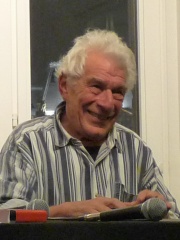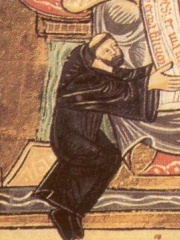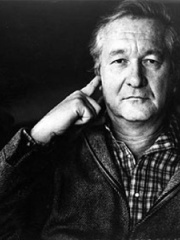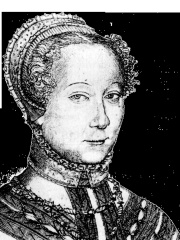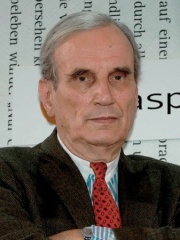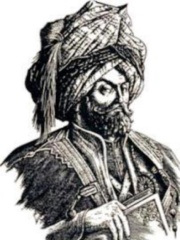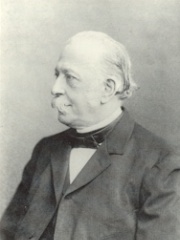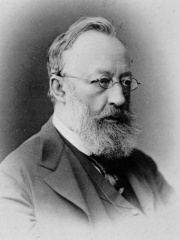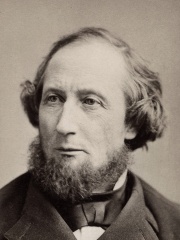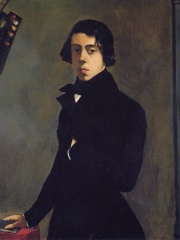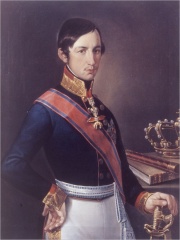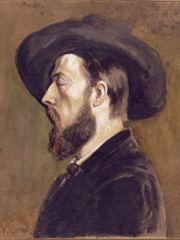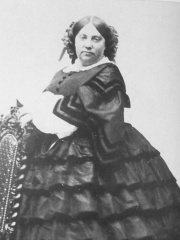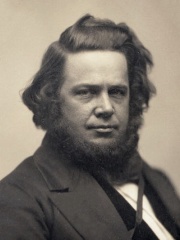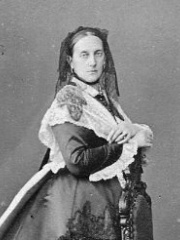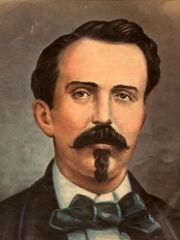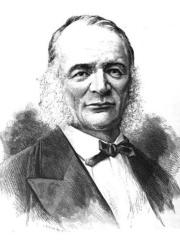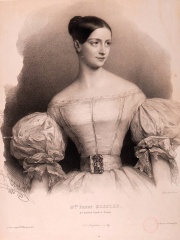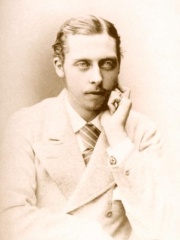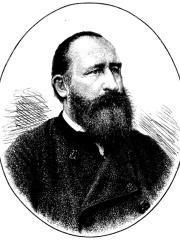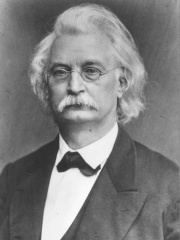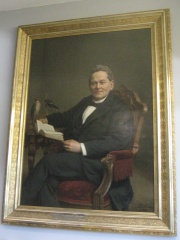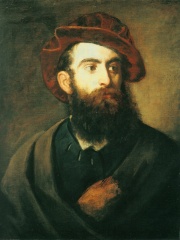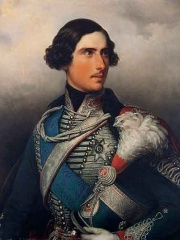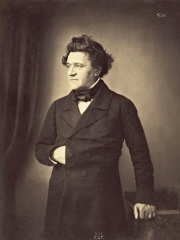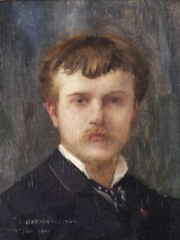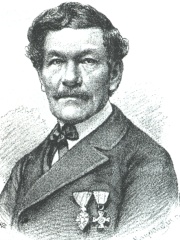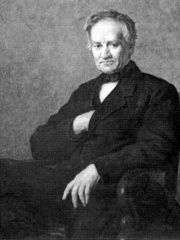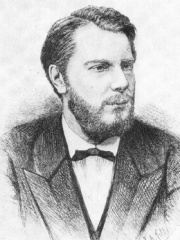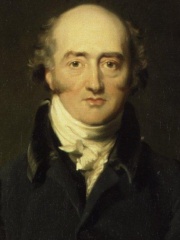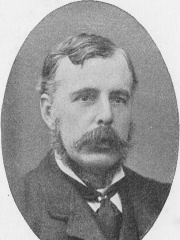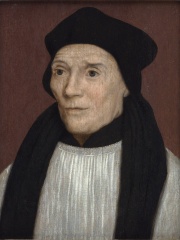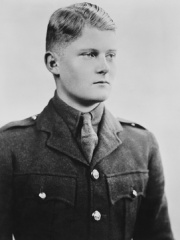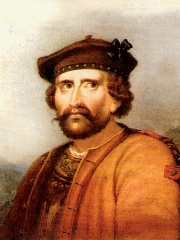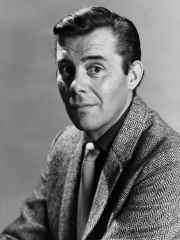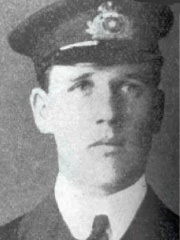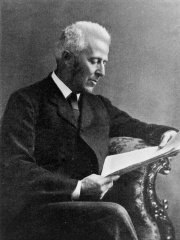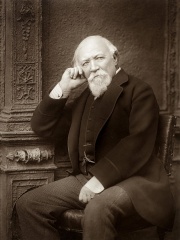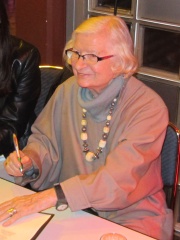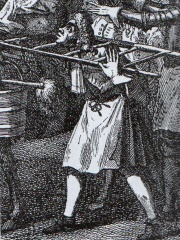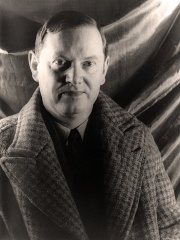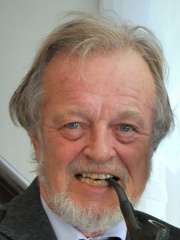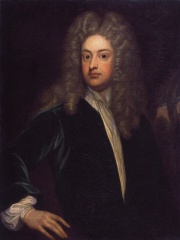Escritor
Allan Pinkerton
1819 - 1884
PT.WIKIPEDIA PAGE VIEWS (PV)
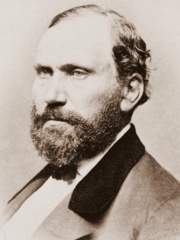
 Allan Pinkerton
Allan Pinkerton
Sua biografia está disponível em 28 idiomas na Wikipédia. Allan Pinkerton é o 1418º escritor mais popular (caiu do 1331º em 2024), a 1276ª biografia mais popular do Reino Unido (caiu do 1014ª em 2019) e o 135º escritor mais popular do Reino Unido.
Memorability Metrics
Page views of Allan Pinkerton by language
Among Escritors
Among escritors, Allan Pinkerton ranks 1,418 out of 7,302. Before him are Jean-Jacques Ampère, John Berger, Roger Caillois, Fulcher of Chartres, A. E. van Vogt, and Odo of Cluny. After him are William Styron, José de Acosta, Louise Labé, Liu Cixin, Joachim Fest, and Sharafkhan Bidlisi.
Most Popular Escritors in Wikipedia
Go to all RankingsJean-Jacques Ampère
1800 - 1864
HPI: 65.71
Rank: 1,412
John Berger
1926 - 2017
HPI: 65.70
Rank: 1,413
Roger Caillois
1913 - 1978
HPI: 65.70
Rank: 1,414
Fulcher of Chartres
1059 - 1127
HPI: 65.70
Rank: 1,415
A. E. van Vogt
1912 - 2000
HPI: 65.70
Rank: 1,416
Odo of Cluny
878 - 942
HPI: 65.70
Rank: 1,417
Allan Pinkerton
1819 - 1884
HPI: 65.70
Rank: 1,418
William Styron
1925 - 2006
HPI: 65.68
Rank: 1,419
José de Acosta
1540 - 1600
HPI: 65.66
Rank: 1,420
Louise Labé
1524 - 1566
HPI: 65.66
Rank: 1,421
Liu Cixin
1963 - Present
HPI: 65.66
Rank: 1,422
Joachim Fest
1926 - 2006
HPI: 65.66
Rank: 1,423
Sharafkhan Bidlisi
1543 - 1603
HPI: 65.66
Rank: 1,424
Contemporaries
Among people born in 1819, Allan Pinkerton ranks 28. Before him are Theodor Fontane, Gottfried Keller, Cyrus West Field, Théodore Chassériau, Francis V, Duke of Modena, and Johan Jongkind. After him are Louise Marie Thérèse of Artois, Elias Howe, Grand Duchess Maria Nikolaevna of Russia, Abner Doubleday, Carlos Manuel de Céspedes, and Otto Wilhelm von Struve. Among people deceased in 1884, Allan Pinkerton ranks 20. Before him are Fanny Elssler, Prince Leopold, Duke of Albany, Alfred Brehm, Karl Richard Lepsius, Hermann Schlegel, and Hans Makart. After him are Prince Frederick William of Hesse-Kassel, Paul Abadie, Jules Bastien-Lepage, Leopold Fitzinger, Eduard Rüppell, and Alexander, Prince of Orange.
Others Born in 1819
Go to all RankingsTheodor Fontane
WRITER
1819 - 1898
HPI: 68.77
Rank: 22
Gottfried Keller
WRITER
1819 - 1890
HPI: 67.18
Rank: 23
Cyrus West Field
BUSINESSPERSON
1819 - 1892
HPI: 66.41
Rank: 24
Théodore Chassériau
PAINTER
1819 - 1856
HPI: 66.33
Rank: 25
Francis V, Duke of Modena
POLITICIAN
1819 - 1875
HPI: 66.27
Rank: 26
Johan Jongkind
PAINTER
1819 - 1891
HPI: 65.88
Rank: 27
Allan Pinkerton
WRITER
1819 - 1884
HPI: 65.70
Rank: 28
Louise Marie Thérèse of Artois
POLITICIAN
1819 - 1864
HPI: 65.67
Rank: 29
Elias Howe
INVENTOR
1819 - 1867
HPI: 65.40
Rank: 30
Grand Duchess Maria Nikolaevna of Russia
NOBLEMAN
1819 - 1876
HPI: 65.02
Rank: 31
Abner Doubleday
MILITARY PERSONNEL
1819 - 1893
HPI: 64.94
Rank: 32
Carlos Manuel de Céspedes
POLITICIAN
1819 - 1874
HPI: 64.94
Rank: 33
Otto Wilhelm von Struve
ASTRONOMER
1819 - 1905
HPI: 64.21
Rank: 34
Others Deceased in 1884
Go to all RankingsFanny Elssler
POLITICIAN
1810 - 1884
HPI: 68.40
Rank: 14
Prince Leopold, Duke of Albany
POLITICIAN
1853 - 1884
HPI: 68.16
Rank: 15
Alfred Brehm
WRITER
1829 - 1884
HPI: 67.77
Rank: 16
Karl Richard Lepsius
ARCHAEOLOGIST
1810 - 1884
HPI: 67.36
Rank: 17
Hermann Schlegel
BIOLOGIST
1804 - 1884
HPI: 66.99
Rank: 18
Hans Makart
PAINTER
1840 - 1884
HPI: 66.69
Rank: 19
Allan Pinkerton
WRITER
1819 - 1884
HPI: 65.70
Rank: 20
Prince Frederick William of Hesse-Kassel
POLITICIAN
1820 - 1884
HPI: 65.51
Rank: 21
Paul Abadie
ARCHITECT
1812 - 1884
HPI: 65.27
Rank: 22
Jules Bastien-Lepage
PAINTER
1848 - 1884
HPI: 65.19
Rank: 23
Leopold Fitzinger
BIOLOGIST
1802 - 1884
HPI: 64.45
Rank: 24
Eduard Rüppell
BIOLOGIST
1794 - 1884
HPI: 64.24
Rank: 25
Alexander, Prince of Orange
POLITICIAN
1851 - 1884
HPI: 64.13
Rank: 26
In Reino Unido
Among people born in Reino Unido, Allan Pinkerton ranks 1,276 out of NaN. Before him are George Canning (1770), Taron Egerton (1989), Charles W. Alcock (1842), John Fisher (1469), John Berger (1926), and Alastair Windsor, 2nd Duke of Connaught and Strathearn (1914). After him are Imelda Staunton (1956), Rob Roy MacGregor (1671), Cynthia Lennon (1939), Dirk Bogarde (1921), James Paul Moody (1887), and Joseph Bell (1837).
Others born in Reino Unido
Go to all RankingsGeorge Canning
POLITICIAN
1770 - 1827
HPI: 65.76
Rank: 1,270
Taron Egerton
ACTOR
1989 - Present
HPI: 65.75
Rank: 1,271
Charles W. Alcock
SOCCER PLAYER
1842 - 1907
HPI: 65.74
Rank: 1,272
John Fisher
RELIGIOUS FIGURE
1469 - 1535
HPI: 65.73
Rank: 1,273
John Berger
WRITER
1926 - 2017
HPI: 65.70
Rank: 1,274
Alastair Windsor, 2nd Duke of Connaught and Strathearn
NOBLEMAN
1914 - 1943
HPI: 65.70
Rank: 1,275
Allan Pinkerton
WRITER
1819 - 1884
HPI: 65.70
Rank: 1,276
Imelda Staunton
ACTOR
1956 - Present
HPI: 65.68
Rank: 1,277
Rob Roy MacGregor
POLITICIAN
1671 - 1734
HPI: 65.68
Rank: 1,278
Cynthia Lennon
COMPANION
1939 - 2015
HPI: 65.67
Rank: 1,279
Dirk Bogarde
ACTOR
1921 - 1999
HPI: 65.66
Rank: 1,280
James Paul Moody
MILITARY PERSONNEL
1887 - 1912
HPI: 65.65
Rank: 1,281
Joseph Bell
INSPIRATION
1837 - 1911
HPI: 65.64
Rank: 1,282
Among Escritors In Reino Unido
Among escritors born in Reino Unido, Allan Pinkerton ranks 135. Before him are Ken Robinson (1950), David C. H. Austin (1926), Robert Browning (1812), P. D. James (1920), E. L. James (1963), and John Berger (1926). After him are Ruth Rendell (1930), James Anderson (1680), Evelyn Waugh (1903), Lee Child (1954), Bernard Cornwell (1944), and Joseph Addison (1672).
Ken Robinson
1950 - 2020
HPI: 66.03
Rank: 129
David C. H. Austin
1926 - 2018
HPI: 65.99
Rank: 130
Robert Browning
1812 - 1889
HPI: 65.83
Rank: 131
P. D. James
1920 - 2014
HPI: 65.79
Rank: 132
E. L. James
1963 - Present
HPI: 65.78
Rank: 133
John Berger
1926 - 2017
HPI: 65.70
Rank: 134
Allan Pinkerton
1819 - 1884
HPI: 65.70
Rank: 135
Ruth Rendell
1930 - 2015
HPI: 65.62
Rank: 136
James Anderson
1680 - 1739
HPI: 65.59
Rank: 137
Evelyn Waugh
1903 - 1966
HPI: 65.51
Rank: 138
Lee Child
1954 - Present
HPI: 65.50
Rank: 139
Bernard Cornwell
1944 - Present
HPI: 65.42
Rank: 140
Joseph Addison
1672 - 1719
HPI: 65.32
Rank: 141

